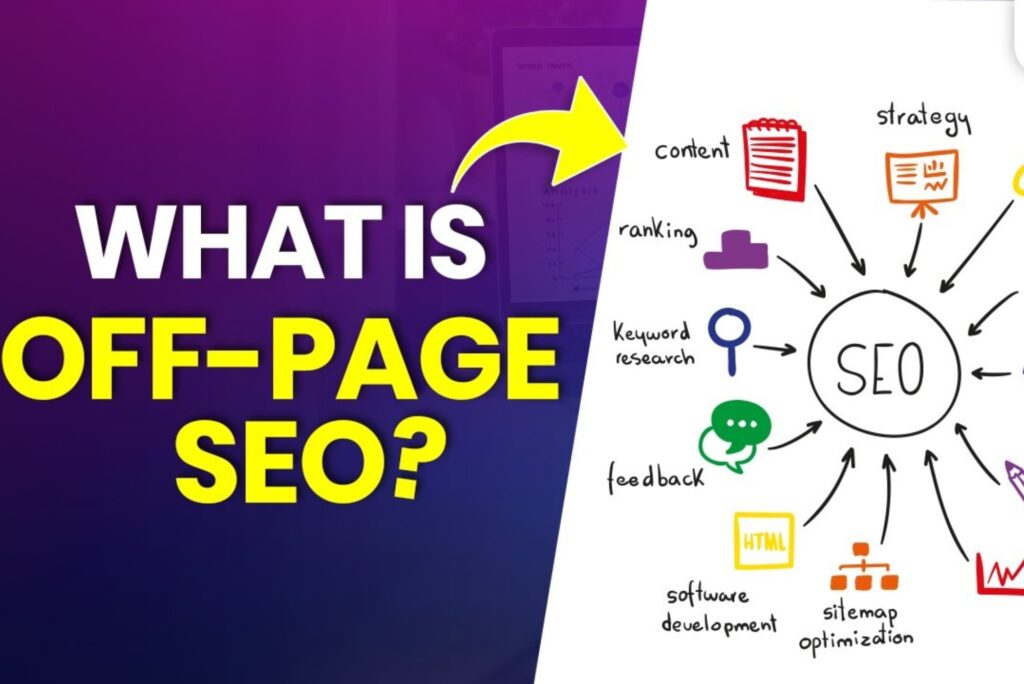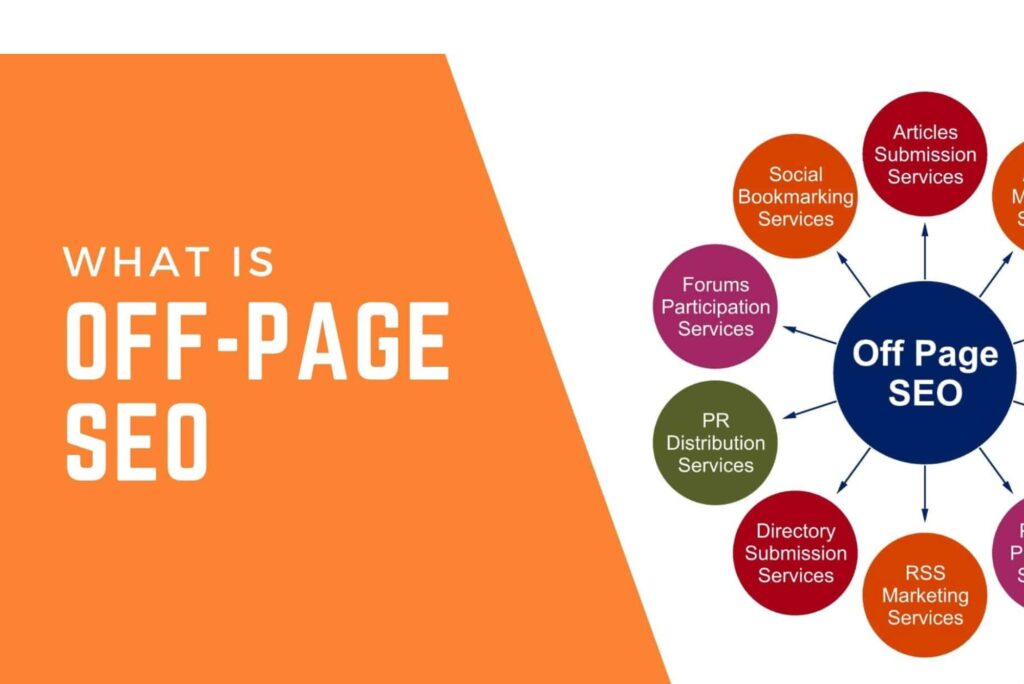Off-page SEO refers to optimization techniques and activities that take place outside of your website but have an impact on its search engine rankings. Unlike on-page SEO, which focuses on optimizing elements within your website, off-page SEO involves building authority, credibility, and trustworthiness through external factors such as backlinks, social signals, and online reputation. Off-page SEO plays a crucial role in determining a website’s relevance and authority in the eyes of search engines, ultimately influencing its ranking position in search engine results pages (SERPs) and driving organic traffic.
The Importance of Off-Page SEO
Off-page SEO is essential for several reasons. Firstly, backlinks from authoritative and relevant websites serve as “votes of confidence” in the eyes of search engines, signaling to them that your website is reputable and trustworthy. This can lead to higher search engine rankings and increased visibility in search results. Secondly, off-page SEO helps increase brand awareness and exposure by expanding your online presence across various platforms and channels. Finally, off-page SEO contributes to the overall user experience by providing valuable, high-quality content and resources that users find useful and shareable.
Key Elements of Off-Page SEO
Link Building
Link building is the process of acquiring backlinks from external websites to your own. Quality backlinks from authoritative and relevant websites are a key ranking factor in search engine algorithms. Effective link building strategies include guest blogging, broken link building, influencer outreach, and content syndication.

Social Media Engagement
Social signals such as likes, shares, and comments on social media platforms can indirectly impact your website’s search engine rankings. Engaging with your audience on social media and sharing valuable content can help increase brand visibility and attract more traffic to your website.
Online Reputation Management
Your online reputation, including customer reviews, ratings, and mentions across the web, can influence your website’s credibility and trustworthiness. What is Off-Page SEO Monitor and manage your online reputation by responding to reviews, addressing customer feedback, and maintaining a positive brand image.
Brand Mentions and Citations
Brand mentions and citations, even without a direct link, can still have a positive impact on your website’s SEO. Make sure your brand name and website URL are mentioned accurately and consistently across various online platforms, directories, and listings.
Best Practices for Off-Page SEO
- Focus on acquiring quality backlinks from authoritative and relevant websites in your industry.
- Diversify your link profile by obtaining links from a variety of sources, including blogs, news sites, directories, and social media platforms.
- Prioritize natural link acquisition through the creation of high-quality, valuable content that others want to link to.
- Engage with your audience on social media and build relationships with influencers and industry experts to expand your reach and visibility.
- Monitor and manage your online reputation by responding to reviews, addressing negative feedback, and maintaining a positive brand image.
In conclusion, off-page SEO is a critical component of any comprehensive SEO strategy that focuses on building authority, credibility, and trustworthiness for your website. By implementing effective off-page optimization techniques such as link building, social media engagement, and online reputation management, you can improve your website’s search engine rankings, increase brand visibility, and drive organic traffic. By staying proactive and consistently building and maintaining your off-page SEO efforts, you can position your website for long-term success in the competitive online landscape.
SEO Tools
SEO tools are software solutions designed to help website owners, digital marketers, and SEO professionals optimize their websites for better search engine visibility and performance. These tools provide valuable insights and data to inform SEO strategies, track performance metrics, and identify opportunities for improvement. Some common types of SEO tools include:
- Keyword Research Tools: Keyword research tools help identify relevant keywords and phrases that users are searching for in search engines. Examples include Google Keyword Planner, SEMrush, and Ahrefs.
- Rank Tracking Tools: Rank tracking tools monitor the search engine rankings of your website and competitors for specific keywords over time. Examples include Moz Pro, Serpstat, and AccuRanker.
- On-Page Optimization Tools: On-page optimization tools analyze individual web pages for SEO factors such as keyword usage, meta tags, and content quality. Examples include Yoast SEO, SEOptimer, and Screaming Frog.
- Backlink Analysis Tools: Backlink analysis tools provide insights into your website’s backlink profile, including the number of backlinks, their quality, and anchor text distribution. Examples include Majestic, Ahrefs, and Moz Link Explorer.
- Technical SEO Tools: Technical SEO tools help identify and fix technical issues that may affect your website’s search engine visibility, such as crawl errors, site speed issues, and mobile-friendliness. Examples include Google Search Console, Screaming Frog, and Sitebulb.
By leveraging the insights and capabilities of SEO tools, website owners and digital marketers can make data-driven decisions, optimize their websites more effectively, and ultimately improve their search engine rankings and organic traffic.
Typing Centre
A typing center is a facility where individuals can avail themselves of typing services for various purposes, such as document preparation, form filling, and data entry. These centers often offer additional services like photocopying, printing, and scanning to cater to the diverse needs of their clients. Whether it’s typing up official documents, academic papers, or personal correspondence, typing centers provide a convenient solution for individuals seeking professional typing assistance.












